Philippines
Future Food Together targets the tourism sector due to its significant contribution to greenhouse gas emissions in the Philippines. Given the current growth of the food service sector, we have a special focus on this sector, with its restaurants and hotels, buffets and the dining public.
Our project component in the Philippines ended in 2021
Learn more about what we have achieved below.
Our Work
In the Philippines, Future Food Together focused on:
- Developing toolkits, frameworks and training programmes for the food service sector (restaurants, hotels) to provide a greater offering of sustainable dining options, both by cutting waste as well as by procuring products with better sustainability performance (local and sustainable food sourcing, food waste reduction, water and energy efficiency, avoidance of single-use plastics, plant-based dining options). For private sector engagements, the Hotel and Restaurant Association (HRAP) is the primary business platform. The project also engages individual food service establishments towards sustainable operations.
- Increasing awareness among the dining public regarding the impact of their dietary choices (e.g. meat vs. plant-based options, preference of local food options), while being mindful of their cultural and socio-economic backgrounds (traditional food).
- Engaging with both local governments of key tourist destinations and with the national government on integrating sustainability considerations into their policies, sectoral action plans, and providing support for implementation. The project works across different government agencies to foster cross-sector collaborations and more integrated approaches that complement mitigation initiatives.
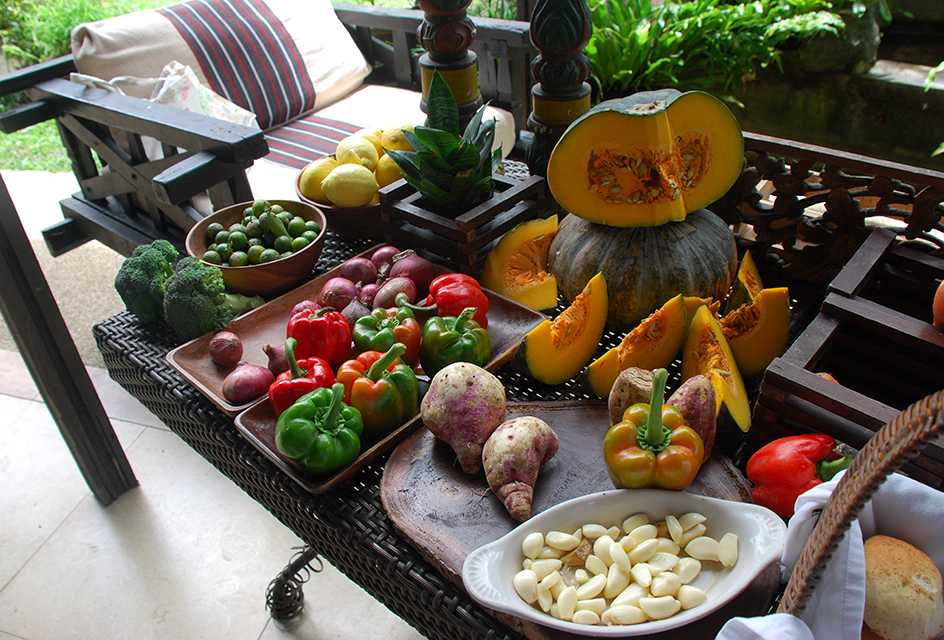
© WWF Philippines
Our Results
Consumer Engagement
In the Philippines, we ran a campaign called “The Sustainable Diner”, specifically targeted at the dining public. In addition to organising online webinars and events with star chefs and influencers, we also created communication materials for buffets (eg. signs reminding diners to take only what they can eat). An interactive game was also developed to demonstrate in a playful manner the responsibilities that each consumer has in his/her consumption choices.
We also worked with experts and the Department of Education Schools Division in partner cities to develop and pilot a teaching manual for Primary and Secondary School Teachers. The manual equips teachers with the right knowledge and tools to introduce and integrate sustainability concepts early on in a child’s education, leading to better knowledge retention and habit formation.
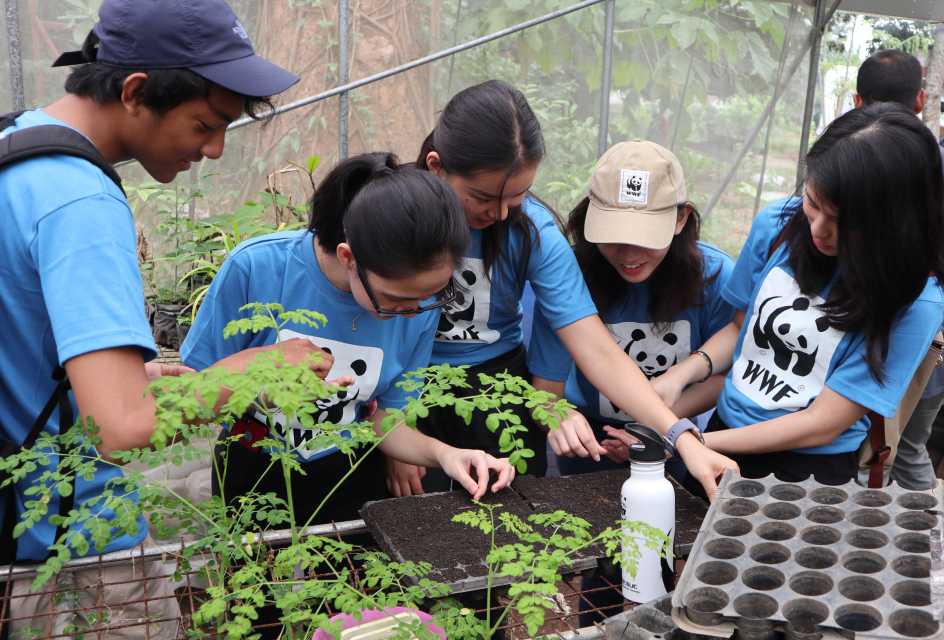
© WWF Philippines
Cooperation with Businesses
Future Food Together has played a significant role in promoting or advising several bills, policies, and guidelines on food waste and food service sector sustainability. This includes the signing of a collaboration agreement with the Department of Tourism (DOT) that focuses on implementing sustainable food practices in the local tourism and hospitality industry, and the establishment of a new criteria for food service establishments through the National Eco-Labeling Program-Green Choice Philippines (NELP-GCP).
We piloted the project with a total of 24 restaurant partners, as well as agreement signatures with industry platforms such as the Hotel and Restaurant Association of the Philippines (HRAP) and the Cebu Chamber of Commerce and Industry (CCCI). A tool for measuring and reducing food waste was implemented, for the cooperation with restaurants, Cost-Benefit Analyses and Life-cycle analyses were developed to demonstrate the economic reasonability of adopting sustainable business operations (including reducing food waste) and will serve as a tool for businesses to reduce their environmental impacts.
We also developed a capacity development programme for private businesses to begin their own food waste tracking system.
This was piloted in two properties over four months, and saw an average reduction of 10% in the total food waste per guest served. We also saw an increase in awareness amongst employees, with more than 95% of those surveyed expressing a desire to take action on the food waste problem of their respective properties.
Links and Materials
- Factsheet Philippines
- Interactive Online Game on the environmental impact of food choices: Balay Kawayan
- The Sustainable Diner: The Sustainable Diner Project: 2020 Highlights video and The Sustainable Diner Manual
- Education Manuals: The Climate Plate and Serve Our Planet-Tertiary Manual
- Cost Benefit Analysis: Cost-Benefit Study of Integrating Sustainable Consumption and Production into Business Operations and The Cost Benefit Monitoring Manual
- Baseline Consumer Survey and Quantitative Endline Report
Project News
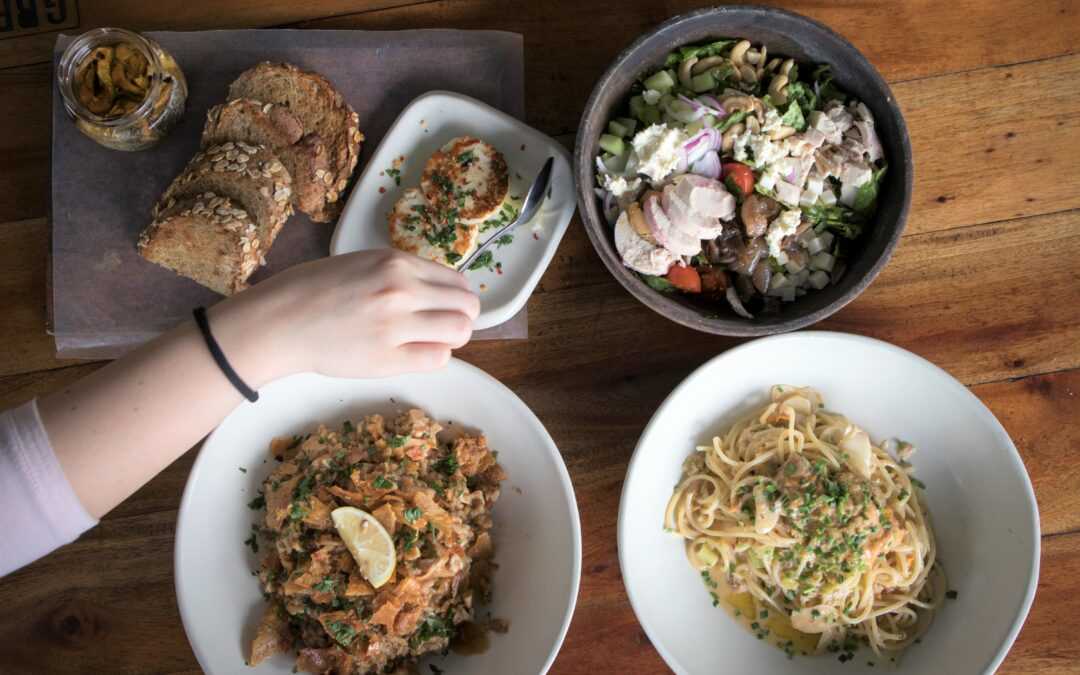
A Sustainable Dining Future for the Philippines
To highlight the achievements and impact of the project, a celebratory closing event titled “The Final Course: Celebrating Sustainable Dining in the Philippines” was convened
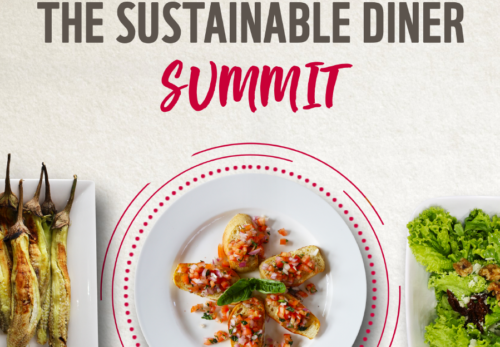
The Sustainable Diner Summit
Our Philippine project is titled “The Sustainable Diner”, and in March 2020, it conducted a large summit to recap and communicate on project achievements and publications, tools and interventions
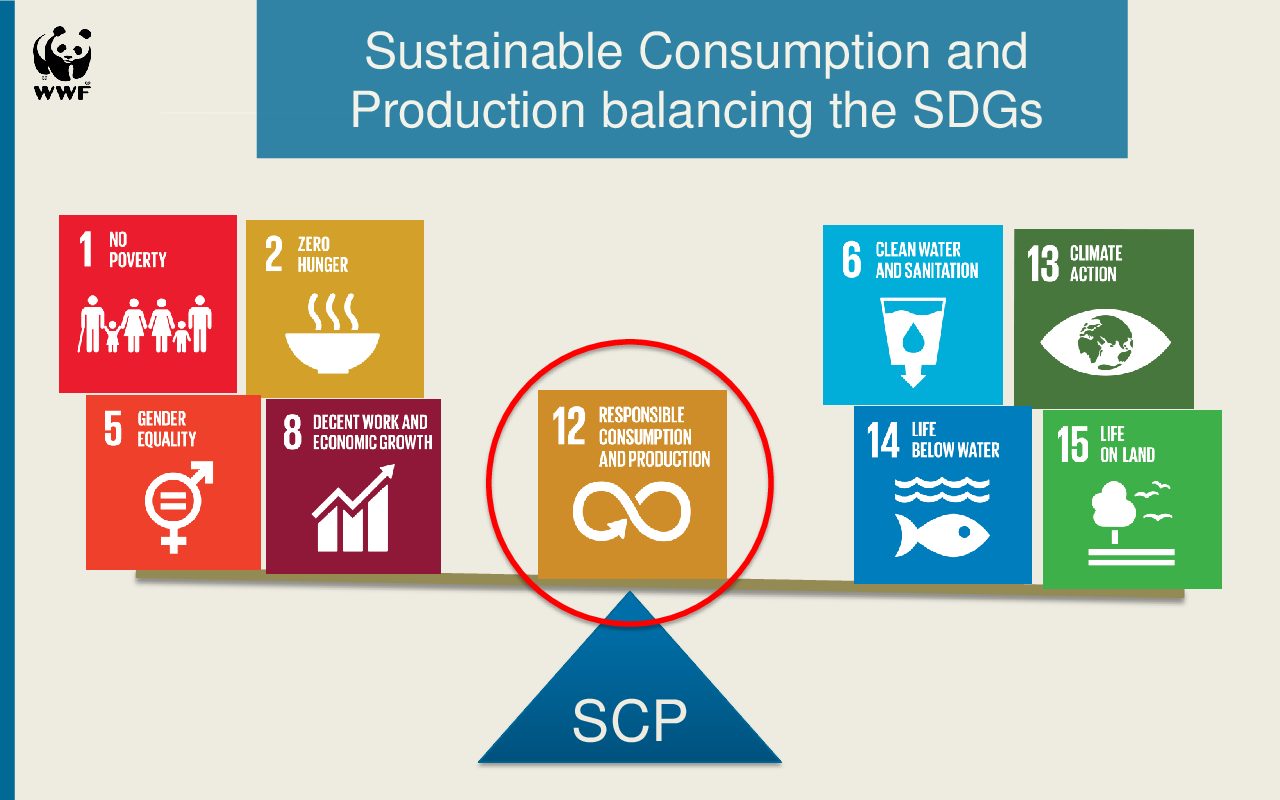
Factsheets: Check out our project components in Asia
These factsheets summarise the different project components in our three Asian countries Thailand, Indonesia and the Philippines. Check them out!
